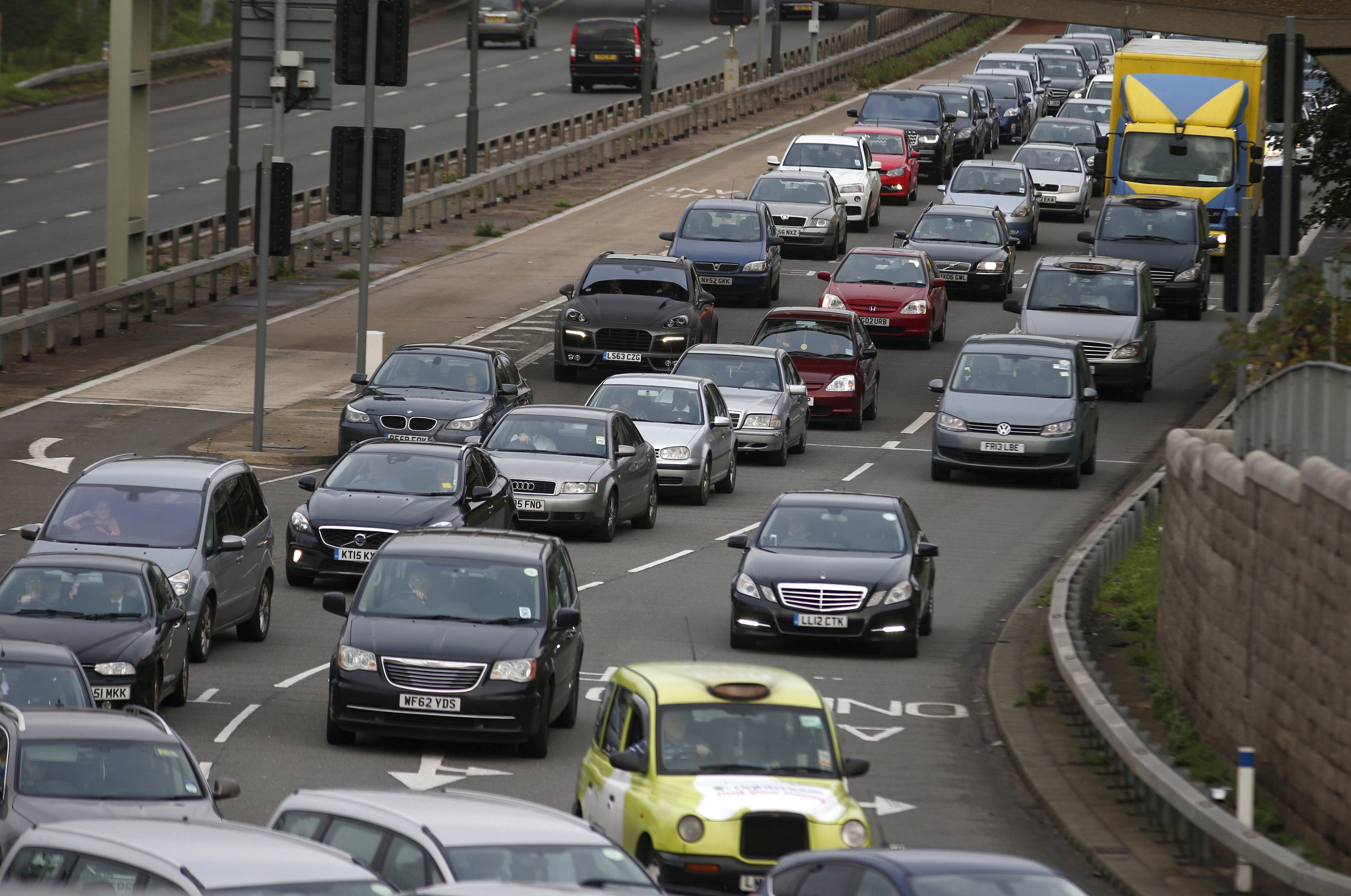Exposure to traffic noise increases risk of dementia, study suggests
Researchers said that reducing transportation noise should become a public health priority

Exposure to noise pollution can lead to a higher risk of developing dementia, new research suggests.
Researchers from Denmark studied the long-term exposure of road traffic and railway noise and risk of dementia among two million adults aged over 60 and living in Denmark between 2004 and 2017.
They found 103,500 new cases of dementia during the study period in which they estimated noise at the most and least exposed sides of buildings at residential addresses.
They then used national health registers to identify cases of dementia over an average of 8.5 years.
The study, which has been published in the BMJ, estimates that in the final year of the research, 1,216 out of the 8,475 cases of dementia registered in Denmark in 2017 could be attributed to noise exposures.
Those people exposed to road traffic noise of 55 decibels and over were 27 per cent more likely to develop Alzheimer’s – the most common cause of dementia.
The noise from railways of 50db can increase the risk by 24 per cent compared with people living in areas with less than 40db of noise.
Scientists believe the possible explanations for this impact effect of noise on health are to do with the release of stress hormones when sleep is interrupted.
This can lead to changes to coronary artery disease and changes to the immune system, which are all seen as early events in patients who have dementia and Alzheimer’s disease.
Corresponding author Dr Manuella Lech Cantuaria said:“Epidemiological studies have consistently linked transportation noise to various diseases and health conditions, such as coronary heart disease, obesity and diabetes.
“The proposed biological mechanisms are noise-induced reactions, with activation of the autonomic nervous and the endocrine (hormone) system and subsequent release of stress hormones, affecting several physiological functions.
“Exposure to noise during the night can also lead to sleep disturbance and fragmented sleep.”
She added: “Experimental studies have found associations between transportation noise at night time and endothelial dysfunction, increased oxidative stress, alterations in the immune system, and increased systemic inflammation.”
Transportation noise is considered the second worst environmental risk factor for public health in Europe after air pollution.
Approximately a fifth of the European population is exposed to transportation noise above the recommended level of 55 dB.
Previous studies have linked transportation noise to various diseases and health conditions, such as coronary heart disease and obesity.
The researchers of the study added that reducing transportation noise should become a public health priority.
Professor Beate Ritz, an epidemiologist at California University in Los Angeles, who was not involved, described the study as “comprehensive”.
She said: “The residential noise estimates accounted only for road traffic and railway noise – not noise from airports, industrial activities or occupational exposure.
“Exposure to noise at work might influence vulnerability to exposures to ambient noise in later life, for example.
“Noise might also affect the risk of other chronic disorders, such as high blood pressure, through which noise contributes indirectly to dementia risk.”
The number of people with dementia is expected to exceed 130 million by 2050, making it a growing public health problem.
Join our commenting forum
Join thought-provoking conversations, follow other Independent readers and see their replies
Comments